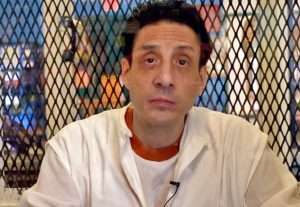The 92-year-old whistleblower Daniel Ellsberg, who revealed the scope of US involvement in the Vietnam War, has passed away.
His family reported that he passed away from pancreatic cancer at his Kensington, California, home.
The 1971 Pentagon Papers leak by the former US military analyst earned him the moniker “the most dangerous man in America”.
In March, Ellsberg sent an email to his ‘dear friends and supporters’ informing them of his diagnosis of incurable pancreatic cancer and his decision to forgo chemotherapy. He stated that he only had three to six months left to live.
In the statement, Ellsberg’s family said that “he was not in pain, and was surrounded by loving family.” They also claimed that he maintained his sense of humor right up till the death.
“If I had known dying would be like this, I would have done it sooner,” Daniel jokingly quipped during his final days, according to the statement.
Also Read: Duanesburg shooting: State trooper shot on I-88, suspect in custody
In 1969, Ellsberg and a colleague called Anthony Russo secretly photocopied a 7,000-page study that had been privately commissioned by the Defense Department. The report demonstrated that the U.S. government had known the Vietnam War could not be won from the beginning.
Ellsberg was raised in Detroit and was born on April 7, 1931, in Chicago. His parents were Jewish non-religious people who devotedly practiced Christian Science. His mother and sister died in a vehicle accident in 1946 after his father fell asleep at the wheel, which was his first experience with tragedy. He was in the car with them as well.
Also Read: Who is Ariel Mitchell, attorney of woman who accused Conor McGregor of sexual assault
In 1952, Ellsberg graduated from Harvard with a degree in economics, and two years later, he joined the Marines. After being released from the military as a first lieutenant, he attended Harvard again in 1957.
After finishing his initial job at RAND and receiving his Ph.D. in economics from Harvard, Ellsberg began working for the Pentagon in 1964, reporting to the then-Defense Secretary Robert McNamara.






